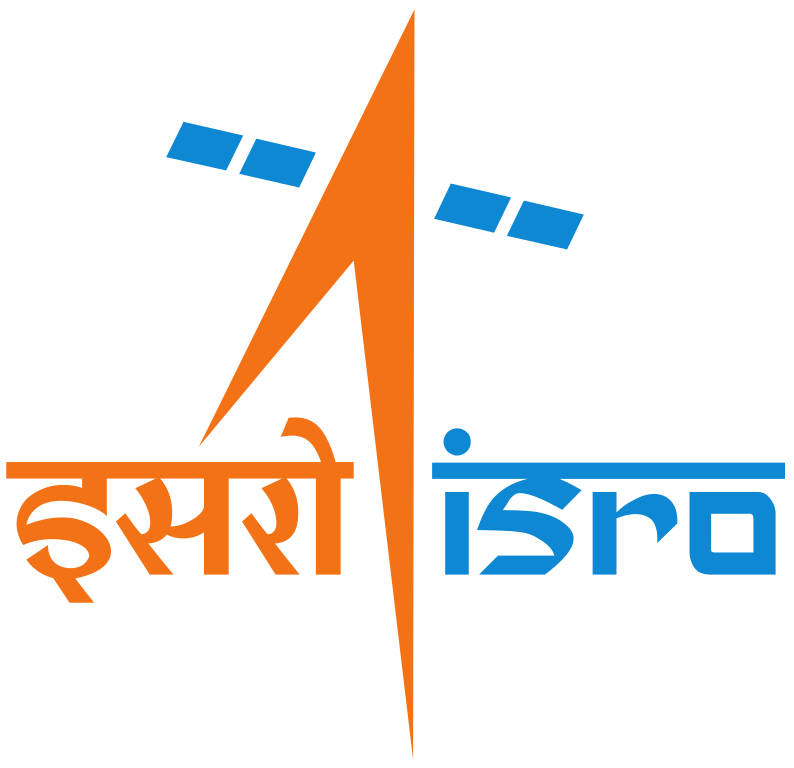
ISRO Set For A World Record That Will Place It Above Any Other Asian Country In Space Technology
The Indian Space Research Organisation (ISRO) will set a world record by putting 83 satellites into orbit through a single rocket. With this achievement, India will be the first Asian nation to achieve this important milestone in space technology.
An IANS report quoted Rakesh Sasibhushan, the chairman and managing director of Antrix Corporation, the ISRO’s commercial arm, as stating that the launch of the 83 satellites, 81 of them foreign nano satellites, will take place in the first quarter of next year.
Since all the satellites would be put in a single orbit, the variant of the Polar Satellite Launch Vehicle XL (PSLV-XL) that will launch them would not have to be switched off and on. The major challenge for this mission is to hold the rocket in the same orbit till all the satellites are ejected.
The launch of multiple satellites at one go is nothing new for the ISRO as it has done this several times in the past, including the launch of several satellites in different orbits earlier this month. The total payload of the PSLV-XL rocket will be 1,600kg.
ISRO chairman A S Kiran Kumar said the agency is conducting high-altitude tests with its own cryogenic engine that is expected to power the heavier Geosynchronous Satellite Launch Vehicle-Mk III (GSLV Mk III) rocket. This rocket, scheduled to be flown in January next year, will be able to carry around four tonnes of load. Kumar said the agency is looking forward to develop four-tonne communication satellites that will give the same output as a six-ton satellite.
The ISRO has overtaken China’s space agency, the China National Space Administration, in many fields. India is the first in Asia and fourth in the world to have performed a successful Mars mission – the Mars Orbiter Mission – in November 2013. It is also the only one to do so on the first attempt and at a record low cost of $74 million.
The only other Asian country to come close to India in space technology, as this article illustrates, is Japan. Even Israel is considered to be a minor player in space programmes. Pakistan, which never tires of seeking parity with India, does not have an independent space programme worth the name. Pakistan's Space and Upper Atmosphere Research Commission is wholly dependent on China; its first and only communication satellite till date, the Paksat-1R, was contracted, built and launched by China.